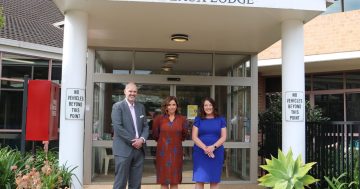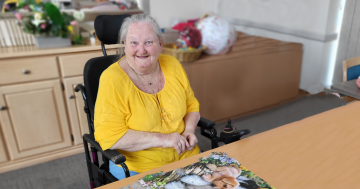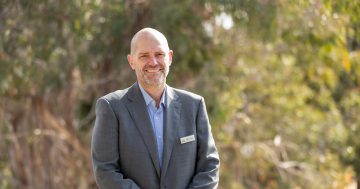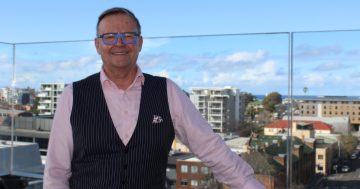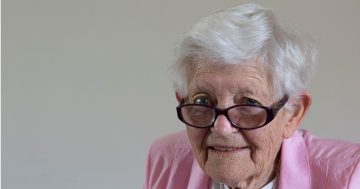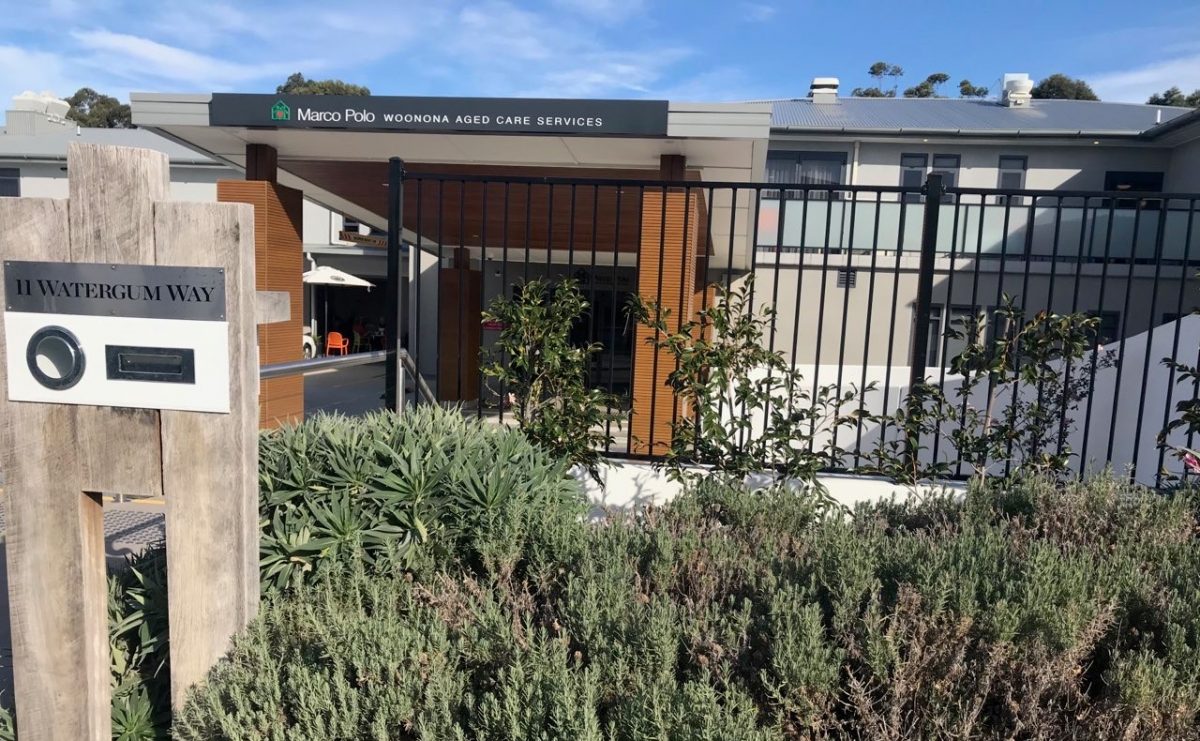
IRT has officially taken over the Marco Polo sites at Unanderra and Woonona. Photos: IRT.
IRT has officially moved into Marco Polo’s aged care centres after announcing that it would acquire the struggling facilities earlier this year.
The move offered a lifeline for residents and staff after Marco Polo was hit with sanctions and suffered mounting losses, which forced them to close a facility and left the provider’s future uncertain.
CEO Patrick Reid said that while IRT officially only took over this month, the two organisations have been working together for weeks to ensure a smooth transition for staff and residents.
“I think the main thing is we’ve invested quite a bit of money into infrastructure to make sure that things are up to what we consider the IRT standard so furniture, IT, a range of things,” he said.
“We’re keeping the systems the same, same catering that they’ve grown used to and love, so just trying to make sure that there are no major differences apart from an elevation hopefully in terms of infrastructure and people.”
He said IRT is committed to maintaining and improving the existing assets at the Unanderra and Woonona sites but is also looking at future opportunities to benefit the aged care sector in the region.
“It also gives us options with our own Woonona site, which is ageing, we need to make sure that they’re keeping pace with changes and care as well,” Patrick said.
“And then for Unanderra we have the nursing home, which has been closed, and we’re trying to figure out how we get beds back online for the Illawarra with an issue of exit block at the hospitals and a few other issues.”
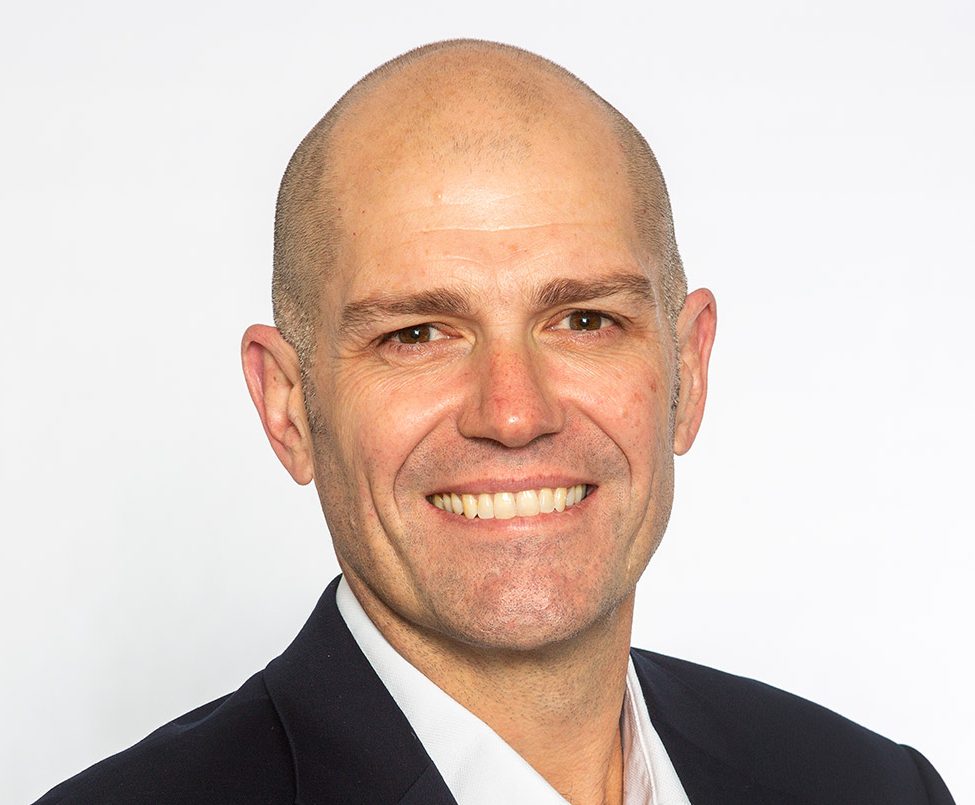
IRT Group CEO Patrick Reid said the two organisations worked together on the transition to ensure there’s “no major differences” in the service provided.
The sector is currently undergoing massive reforms, with the federal government powering through recommendations from the Aged Care Commission.
“It’s really hard, a lot of providers, particularly those in rural and regional communities are finding it tough at the moment with the changes,” Patrick said. “We have a huge amount of regulatory compliance that we have to do, lots of reporting, lots of administration overhead and of course, for every dollar that goes into administration is a dollar that doesn’t go to care.”
And while a lot of providers are in support of implementing the changes, the speed of which they are being rolled out is forcing some smaller centres to shut their doors.
“It just needs to be balanced, talk to the industry about what’s possible, a lot of our IT systems can’t keep pace with the compliance change or regulatory change, they don’t fund a lot of our IT providers so that means they’ve got to do it themselves and that costs time and money.”

Marco Polo staff members celebrated the new management of their aged care facilities.
But he said staff shortages continue to be the biggest challenge, and despite the Illawarra being just 85 kilometres from the Sydney CBD, it’s considered a thin market for aged care workers.
“We’ve had 25 staff arrive from the Philippines who we’ve trained up in Certificate III,” Patrick said. “They’re currently doing their competency training at the moment and they’ll be on the floor from next week but then we’ve got to find housing for those people, we’ve got to provide transport for them.”
Although he didn’t forecast a significant solution being available in the short or medium term, Patrick is determined that aged care is a ‘team sport’ and the government would also need to be on board before real change is seen.
“The real challenge is the government being flexible enough on some of the challenges like the cost of immigration,” he said. “The cost of some of those things and many of the fees the government imposes they could actually manage more frugally for us.”
But he said it is also on the providers to make sure they’re supporting and creating the right role for an employee.
“There’s no easy answer, everybody’s got a job to play in that improvement and I think it is a very focused area not just for IRT but all of our providers in the region.”









